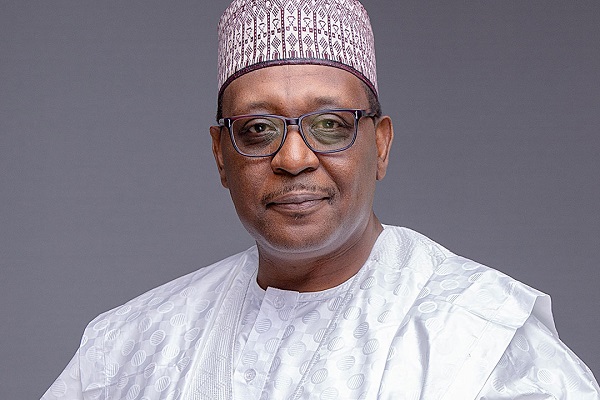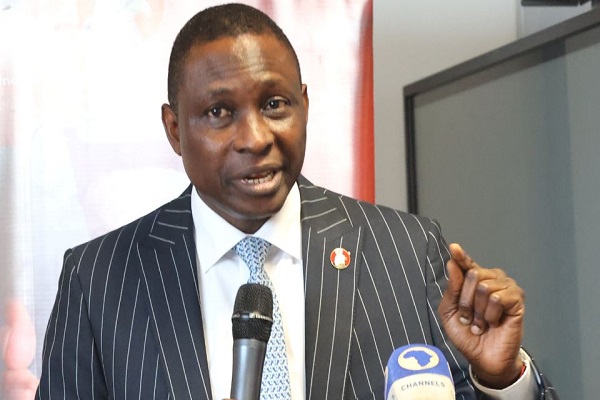Amid a policy shift in U.S. development assistance, the Nigerian government has unveiled major domestic health investment strategies, including a $1 billion initiative for human capital development and ₦4.8 billion for the Presidential Treatment Programme for HIV patients.
The Federal Executive Council (FEC) approved these initiatives during its meeting in Abuja, with the Coordinating Minister of Health and Social Welfare, Prof. Muhammad Ali Pate, announcing the measures to safeguard critical healthcare services.
Impact of U.S. Policy Shift on Nigeria’s Health Sector
The new healthcare investment plan comes as a response to changes in U.S. foreign aid policy, which initially saw a pause in HIV treatment funding for developing countries under an executive order by former President Donald Trump. Although the U.S. recently granted a humanitarian waiver, Nigeria is now prioritizing domestic resources to sustain healthcare programs.
For decades, Nigeria has relied heavily on international assistance for HIV, tuberculosis (TB), and malaria initiatives, particularly from the U.S. President’s Emergency Plan for AIDS Relief (PEPFAR).
Key Approvals by the Federal Executive Council (FEC)
- ₦4.8 Billion for the Presidential HIV Treatment Programme
- 150,000 treatment packs will be provided over the next four months to ensure uninterrupted care for HIV patients.
- The fund aims to bridge gaps in international support and ensure continuity of essential treatments.
- $1 Billion Under the HOPE Programme
- Approved under the Human Capital Opportunities for Prosperity and Equity (HOPE) Programme, developed in collaboration with the International Development Association (IDA).
- Half ($500 million) will support governance reforms, including financial management and human resource improvements in health and education.
- The remaining $500 million will be allocated to:
- Strengthening primary healthcare systems.
- Expanding emergency maternal and child health services.
- Integrating digital health solutions.
Government's Sustainability Strategy
To ensure long-term healthcare financing, FEC has established a standing committee comprising:
- Ministries of Finance, Health, Environment, and Defense.
- The Nigeria Governors’ Forum (NGF).
This committee is tasked with developing a sustainability plan to:
- Mitigate the impact of reduced U.S. foreign aid.
- Ensure continuous funding for critical health services.
- Transition towards national healthcare financing through domestic resources.
Nigeria’s Shift Towards Self-Reliance in Healthcare
Prof. Pate emphasized that while Nigeria remains appreciative of U.S. contributions over the past 20 years, the government is now focused on transforming its healthcare system using national systems and domestic financing.
"Nigeria will continue to prioritize the well-being of its citizens by ensuring access to essential treatments and services despite changes in international support," he said.
The health sector investments aim to enhance the quality and resilience of Nigeria’s healthcare system, positioning the country towards greater self-sufficiency in medical care and disease prevention.




